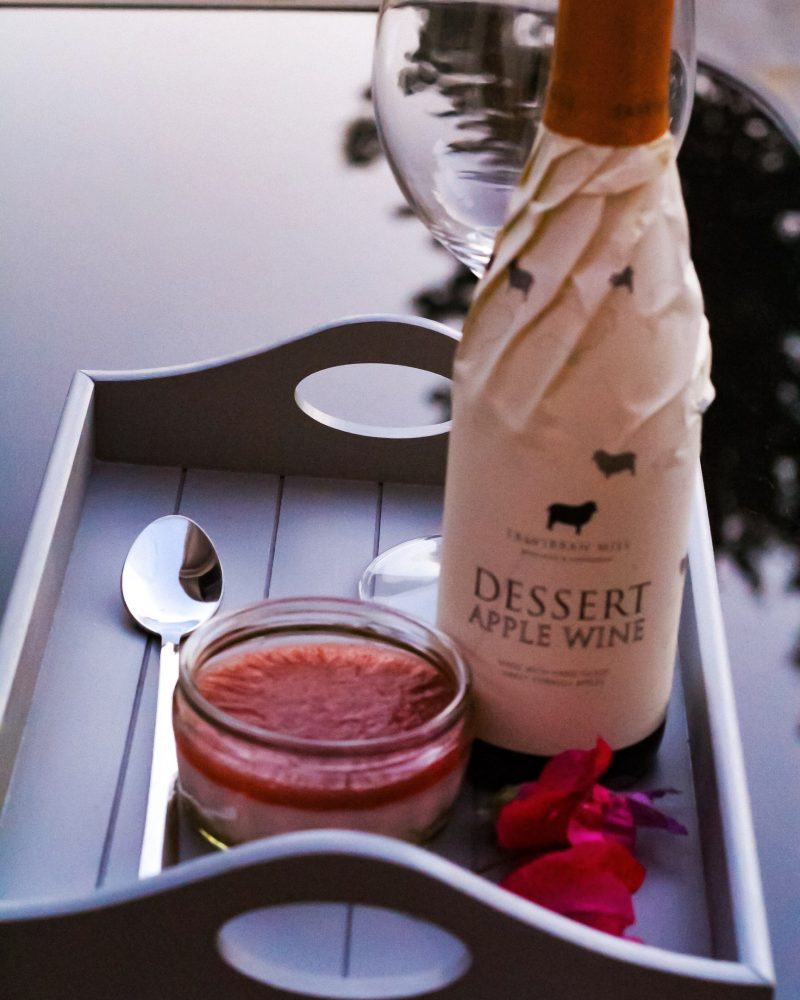I’m a single woman looking to start a relationship – one that guarantees sex twice a week. What I’m not looking for: a best friend. I have them, great ones. Ignoring some of their bad photography skills, I couldn’t ask for better. So, I certainly don’t need a lover to step in and take over. In my mind: a partner should not be your best friend.
It’s a notion social media created – when people began captioning anniversaries with “I’m so lucky I married my best friend and soulmate”. The long, gushing notes typically accompany pictures of couples wearing matching outfits, travelling, exercising and cooking together. This online trend helped spin new relationship requirements. Arguably, some damaging beliefs.
We’re expecting a partner to fulfil unrealistic requirements
Do we expect too much from our partners?
Social psychology professor, Eli Finkel, spoke to The Atlantic about society’s changing relationship expectations. Finkel describes the added pressure: how we now want spouses to “help us grow” and “help us become better versions of ourselves”, on top of the love, commitment and loyalty already required.
Is it any wonder people struggle with online dating? We’re expecting a partner to fulfil unrealistic requirements. A desire for one person to drastically improve everything: to encourage goals, capture the prettiest photos, agree to enjoying each personal interest. What chance does swiping left or right give? Several guys from dating apps felt disappointed with me not liking their hobbies. As though me not cycling with them would cause a horrific divorce.

Hollywood is partly to blame for best friend coupledom. Most romantic flicks highlight a partner as the soul of a person’s world. Even in sitcoms like Friends, Chandler and Monica displayed the most long-lasting, affectionate bond: the best friends who became lovers. If you don’t believe putting lots of expectations on one person is a problem, Eli Finkel reveals: people tend to have an “overall higher-quality life” when they have a “larger number of people… for different sorts of emotions”. Can one person balance the strongest love and friendship together, simultaneously?
Relationship boundaries
A while back, I came across a podcast which talked about French realism in love. How the French like to keep some mystery in their relationships to ensure passion. They realise (supposedly), a lover can’t always satisfy needs and attend every personal issue. For instance, a spouse doesn’t have to know grooming habits and work-life drama. When I’m with a boyfriend, sometimes I want to complain and discuss humdrum situations, but more often I want to laugh, talk deep and simply chill. I have a friend who takes on my insecurity. Whenever I question my talent or choices, they’ll say, “Laura, you don’t need me to give you confirmation.”
I’m lucky to have several people to help juggle support, friendship and love. I couldn’t handle one person wanting 100% out of me in these areas. It’s something a friend realised: her relationship crumbled during her partner’s depression. Her boyfriend wanted her to listen to his concerns and offer him reassurance daily – something she didn’t feel capable doing. And truthfully, her well-being didn’t feel positive during his struggles. She said, “He needed more best friends to talk to”.
There are boundaries in relationships. A partner should not be your best friend because the boundaries between love and friendship can blur. When you go to a partner for everything, you’re asking them to successfully navigate their personal dilemmas with yours, and all in the bubble you hold together. The perfect husband/wife, mother/father, friend, confidante, lover… It’s easy to see how the scales can tip: the friendship may exceed the romance.
GQ published a piece on this problem, highlighting (as Eli Finkel did) how people still want “traditional marriage” associations but with more romantic ambition. A life-long partner who can forever excel in two different types of relationships.

Times of India reported on a Journal of Happiness study, which found people are more satisfied in their lives when they consider their partner their best friend. However, it’s important to note: research suggests people lose friends once they’re married. Not to mention, loneliness is increasing in younger generations.
Isn’t a partner more important?
If you’re unconvinced and wish to continue calling your partner your bestie; don’t you think your partner deserves more? The New York Times spoke to Peter Pearson, a doctor and part-author of “Tell Me No Lies”. Dr. Pearson explains the distinction between friend and partner. A buddy doesn’t have to care if you don’t bother to clean your dishes and buy the light bulbs you require for your kitchen. Friends don’t have to agree on your shopping habits and whether you wish to quit your full-time job to go part-time.
Yet partners have to care about these choices. A person needs to know if the spouse they’ve bought a house with wants to spend a year travelling. As Verily points out, a partner is obligated “financially, loyally and personally”. The magazine says friends share each other’s lives… partners share one life.
Your partner should not be your best friend – it’s not the same
There’s a reason the dictionary separates friend and partner. I’ve never heard a person say: We’re not dating, we’re best friends who go on dates together, have sex and want to marry. It’s not a friend with benefits situation – we’re serious. But we’re friends, not partners. It means something: we like labelling boyfriend/girlfriend. We like saying fiancée, husband and wife. I do believe partners should be friends, just not with the cliché, best friend label. When we add the label to our relationships, we’re adding additional pressure. Couples can feel underwhelmed, comparing their situation to online fantasy.
To summarise, as Kate said in the film French Kiss, “Happy: smile. Sad: frown. Use the corresponding face for the corresponding emotion.” Therefore, use the corresponding term for the corresponding relationship. A best friend is a best friend and a partner is a partner.
Do you agree: a partner should not be your best friend? If you liked this post, you may enjoy: Do We Really Need to Find a Life Partner?



Interesting read. Something to consider for sure.
Thank you for taking the time to read 🙂
I think it’s really natural when friendship turns to love. But it’s problematic when people try to turn a partner into this amazing best friend who they can always turn to and get everything they need from.
I believe there are some people who are completely independent and able to focus on their goals and everything alone, but they still have an idea that a partner is going to elevate everything and make all aspects of life that much better. It’s a really unrealistic expectation to have.
I believe that as well – a relationship should be two individuals together and not two people who mix their lives as one. Thank you for your perspective! xx